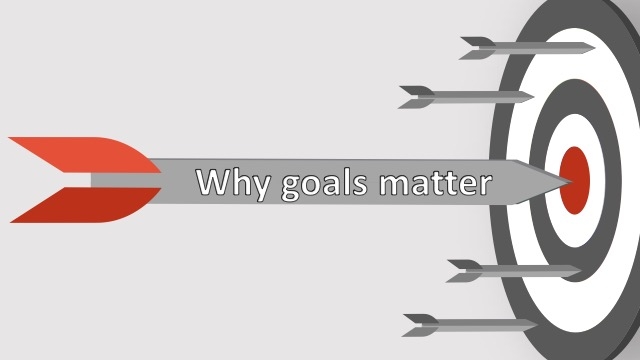Goals become even more essential to your life once you leave work. So if you are thinking of retiring, or are newly retired, then continue reading.
Goals that are personally motivating get us out of bed in the morning and lend structure to our lives as the achievement of such pursuits requires meeting deadlines, fulfilling obligations, developing new skills and often socializing with others.
For those of you nearing retirement or newly retired this is particularly important, as the absence of a routine and the loss of one’s purpose that is so often derived from one’s work-role identity, can lead to a downward spiral of depression and decline.
The pursuit of a personal project that you deem important and one that you feel passionately about, will lend structure and purpose to your life and also has the added bonus of increasing your physical and mental well-being and your happiness!
Often our goals are tied to our professional pursuits. So leaving work and figuring out what goals we are particularly interested in can seem like a daunting task. However, it is one that is worth thinking about, as we all need something to look forward to.
Some people mistakenly assume that the desire for achievement fades as one ages and retires. While such beliefs permeate much of our cultural thinking, research has revealed that such beliefs are inaccurate.
People’s goals change as they age, however, it is rare that the desire to live a life of significance ever really ends.
What does however change, are the opportunities afforded to the resilient ager. Some opportunities expand, while others contract.
For example, an empty nester may suddenly have free time on her hands to pursue new hobbies and exotic travel excursions, whereas a hip replacement may impede an individual’s capacity to cycle long distances and may need to be substituted with an activity that is more suitable to the change in one’s physical abilities.
Resilience requires flexibility & sometimes it also requires mental gymnastics!
Meaning, sometimes we can’t change the situation, so we need to change how we look at it. For the individual who just had a hip replacement, instead of focussing on what he can no longer do he needs to start looking at what he can still do.
I do recognize this is not always an easy task. However, it is this very action that will empower you and make you feel a greater sense of control over your life and the things that you can indeed change.
Goals that are personally meaningful lead to greater well-being and less psychological distress, as long as you know when to abandon unattainable pursuits in favour of new ambitions.
So, what are you waiting for?!
Go find a goal that you are personally committed to, excited to engage in and look forward to achieving!
To your retirement success!
Dr. Gill
P.s. Don’t forget to sign up for our monthly newsletter



